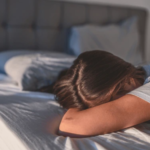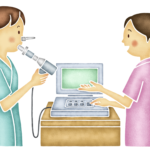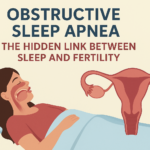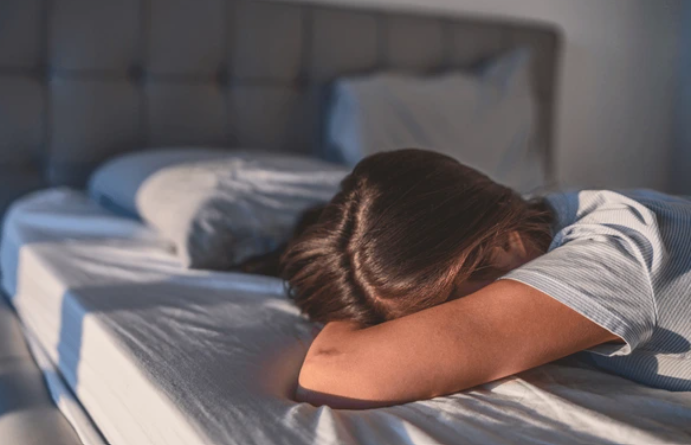By Dr.Manvir Bhatia, Ananya, March 14th 2023
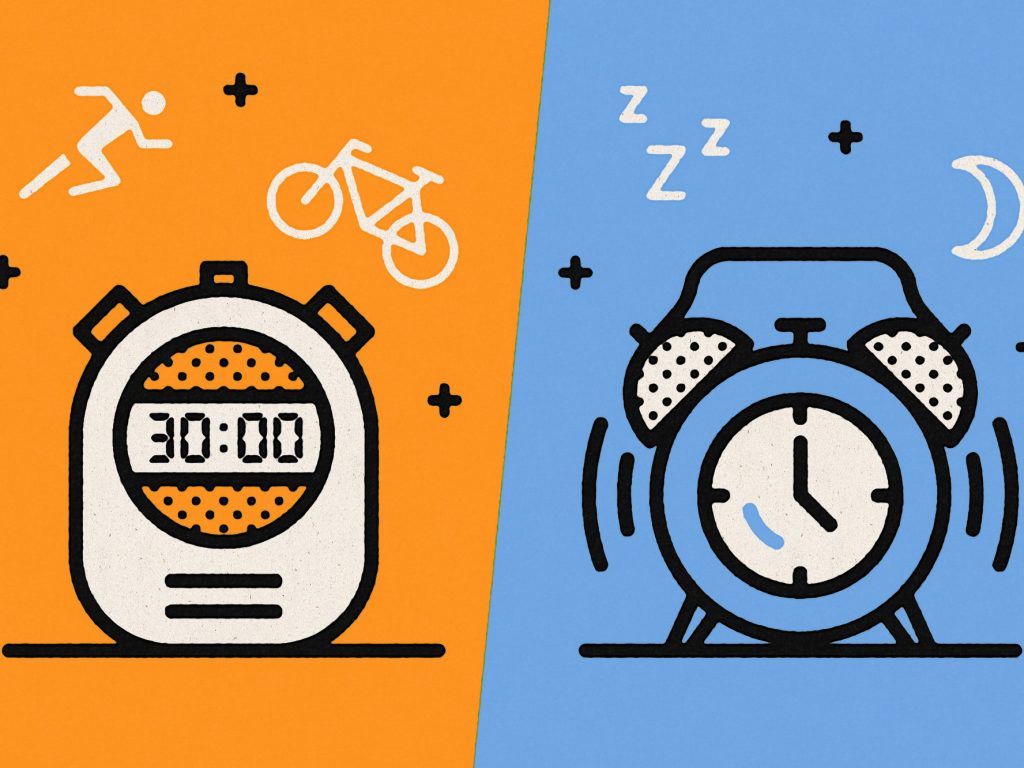
Sleep is a restorative process for the body. It is a simple phenomenon with numerous processes taking place which include restoration of the nervous, muscular, skeletal, and immune systems, memory consolidation, and clearance of brain metabolites. Despite its importance, sleep deprivation is very common, especially among employed individuals. Sleep medications are available to deal with the same, it is a short-term solution with numerous side effects.
Exercise is an umbrella term for a variety of physical activities that can withstand physiological stress. It has often been linked to sleep. With the increasing amount of evidence, it is considered a nonpharmacological treatment for sleep. Poor sleep can lead to low efficiency with respect to physical activity. In a variety of health conditions such as type 2 diabetes, depression, cardiovascular diseases, etc, exercise is an effective treatment for the restoration of disordered sleep. Exercise is also of great help to pregnant women as it prevents excessive weight gain and postpartum depression.
Exercise as a treatment for disturbed sleep:
The research focussed on individuals with chronic insomnia has shown promising results of exercise on improving sleep. A study by Ried et al.,(2010), on a sample of older patients suffering from insomnia, showed that four months of aerobic exercise training significantly improved their sleep quality in them. It also reduced the symptoms of depression and daytime sleepiness.
The positive effect of exercise has also been observed in improving sleep-disordered breathing, obstructive sleep apnoea(OSA) being the most common form of it. A meta-analysis of five studies established that exercise training reduced the severity of OSA by 32%. In a randomized trial by Kine et al., (2012), 12 weeks of moderate-intensity workouts led to a 25% improvement in OSA and daytime efficiency.
Exercise tends to decrease the N1(very light sleep) stage of NREM sleep and increases the duration of REM sleep, sleep continuity, and overall sleep efficiency. Physical exercise is known to improve sleep quality and efficiency and not its duration. According to Yamanaka et al.,(2015), for improving sleep quality, the activity of the parasympathetic nervous system should be increased, while giving time for the sympathetic nervous system activity to decrease. Hence, it is more effective to go for physical activities during the day as it stimulates the sympathetic nervous system, allowing better sleep at night.
Resistance exercise includes workouts that increase muscle strength by making our muscles work against a force or weight. Engaging in this improves sleep quality by impacting aspects like Sleep Onset Latency(SOL) and Wake time After Sleep Onset(WASO). SOL, which refers to the time required to fall asleep reduces significantly after morning exercise. WASO is the number of periods of wakefulness after onset of sleep. This significantly reduces after evening exercise. Exercising about 90 minutes before sleep is associated with an increase in deep sleep and a reduction in the duration of REM sleep.
Timing of Exercise:
The best timing for exercise is very debatable but traditionally it is believed that intensive exercise in the three hours prior to sleep negatively impacts its quality as it increases heart rate, adrenaline levels, and body temperature. However, a survey by the American Sleep foundation suggested that individuals who exercised between 4 and 8 PM got a night of very good quality sleep.
Exercise might release endorphins which creates a level of activity in the brain that causes an individual to stay awake. The brain requires some time, say one or two hours to wind down and fall asleep. Exercise also raises the core body temperature. This rise is a signal for the body clock to stay awake. It takes around 30 to 90 minutes for the temperature to start falling which further facilitates sleepiness.
Sleep quality is also a determinant of physical activity. People suffering from insomnia, obstructive sleep apnoea, etc. are more likely to be tired and sleepy throughout the day. This leads to a fall in the levels of physical activity. An increase in weight as a result of these issues also contributes to the same. Good sleep habits, appropriate treatment, and a proper diet can together improve the activity levels of an individual on a regular basis.
Hence, we conclude that regular exercise, approximately 30 minutes per day, can lead to an improvement in the quality and quantity of sleep. Its benefits can be experienced on the same day and do not really take months or years. It is to be noted that the timing of exercise and its effect on sleep is very subjective and varies from person to person. It is important that one tries to understand the best time for exercise for the body and should stick to it to get good quality sleep. Also, consulting trained professionals such as sleep specialists, especially for those who are suffering from any form of sleep disorder can be of great help in inculcating good exercises and lifestyle habits which can further improve sleep.
References:
Dolezal, B. A., Neufeld, E. V., Boland, D. M., Martin, J. L., & Cooper, C. B. (2017). The interrelationship between Sleep and Exercise: A Systematic Review. Advances in preventive medicine, 2017, 1364387. https://doi.org/10.1155/2017/1364387
Kline C. E. (2014). The bidirectional relationship between exercise and sleep: Implications for exercise adherence and sleep improvement. American journal of lifestyle medicine, 8(6), 375–379. https://doi.org/10.1177/1559827614544437


